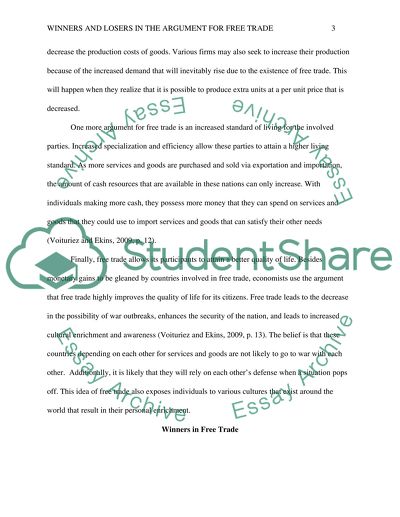Cite this document
(“Winners and Losers in the Arguments for Free Trade Essay”, n.d.)
Winners and Losers in the Arguments for Free Trade Essay. Retrieved from https://studentshare.org/finance-accounting/1456551-critically-discuss-the-arguments-for-free-trade
Winners and Losers in the Arguments for Free Trade Essay. Retrieved from https://studentshare.org/finance-accounting/1456551-critically-discuss-the-arguments-for-free-trade
(Winners and Losers in the Arguments for Free Trade Essay)
Winners and Losers in the Arguments for Free Trade Essay. https://studentshare.org/finance-accounting/1456551-critically-discuss-the-arguments-for-free-trade.
Winners and Losers in the Arguments for Free Trade Essay. https://studentshare.org/finance-accounting/1456551-critically-discuss-the-arguments-for-free-trade.
“Winners and Losers in the Arguments for Free Trade Essay”, n.d. https://studentshare.org/finance-accounting/1456551-critically-discuss-the-arguments-for-free-trade.


